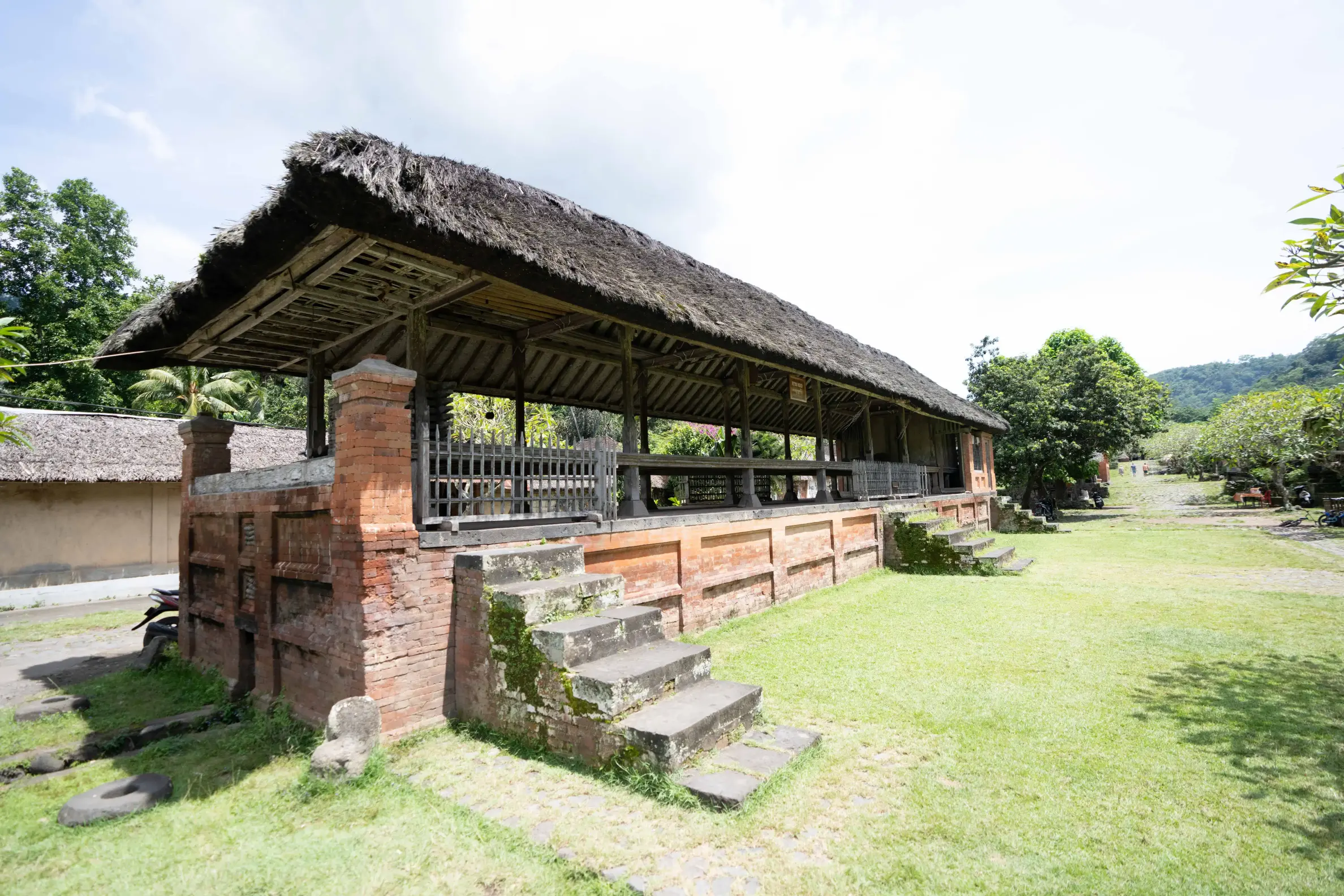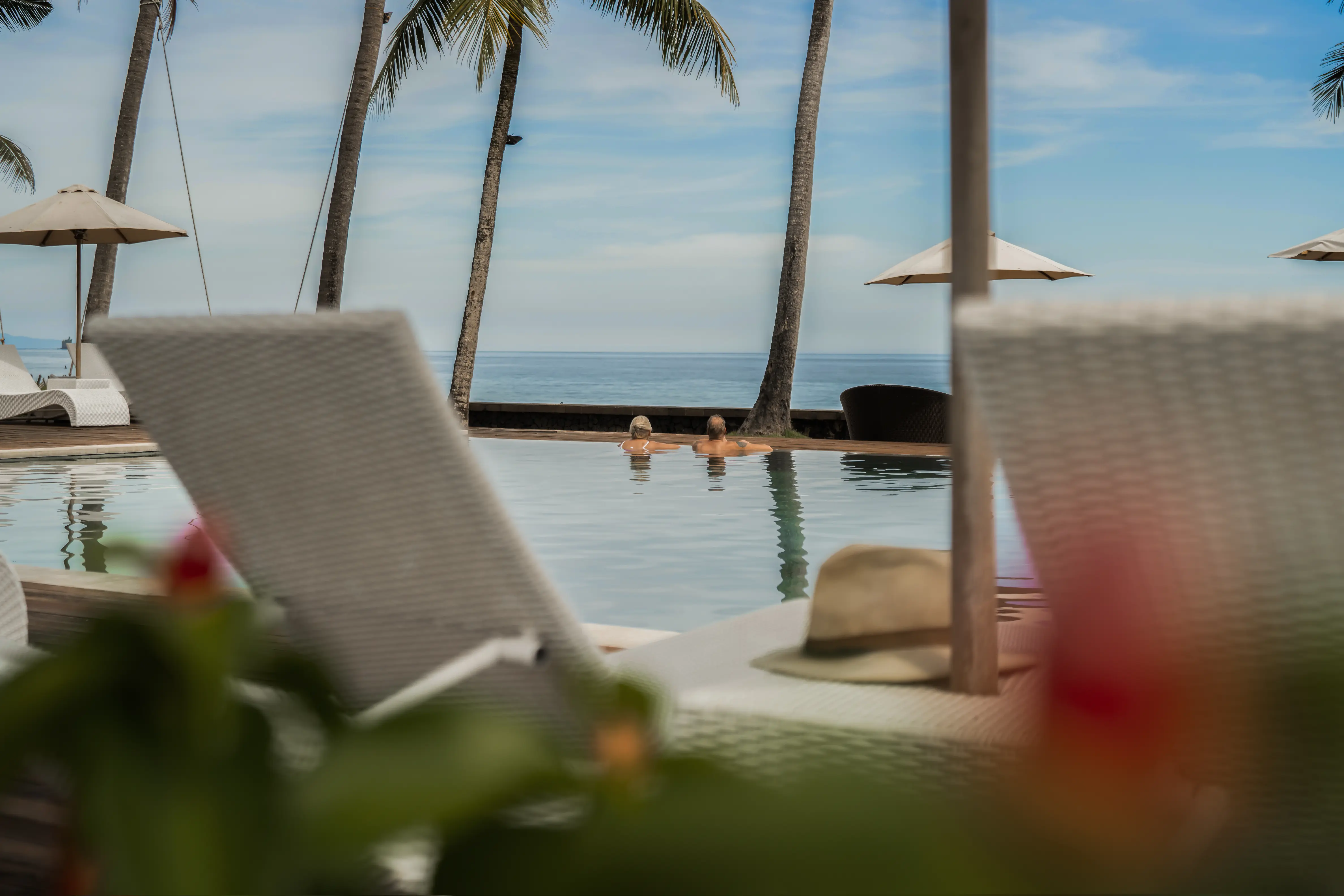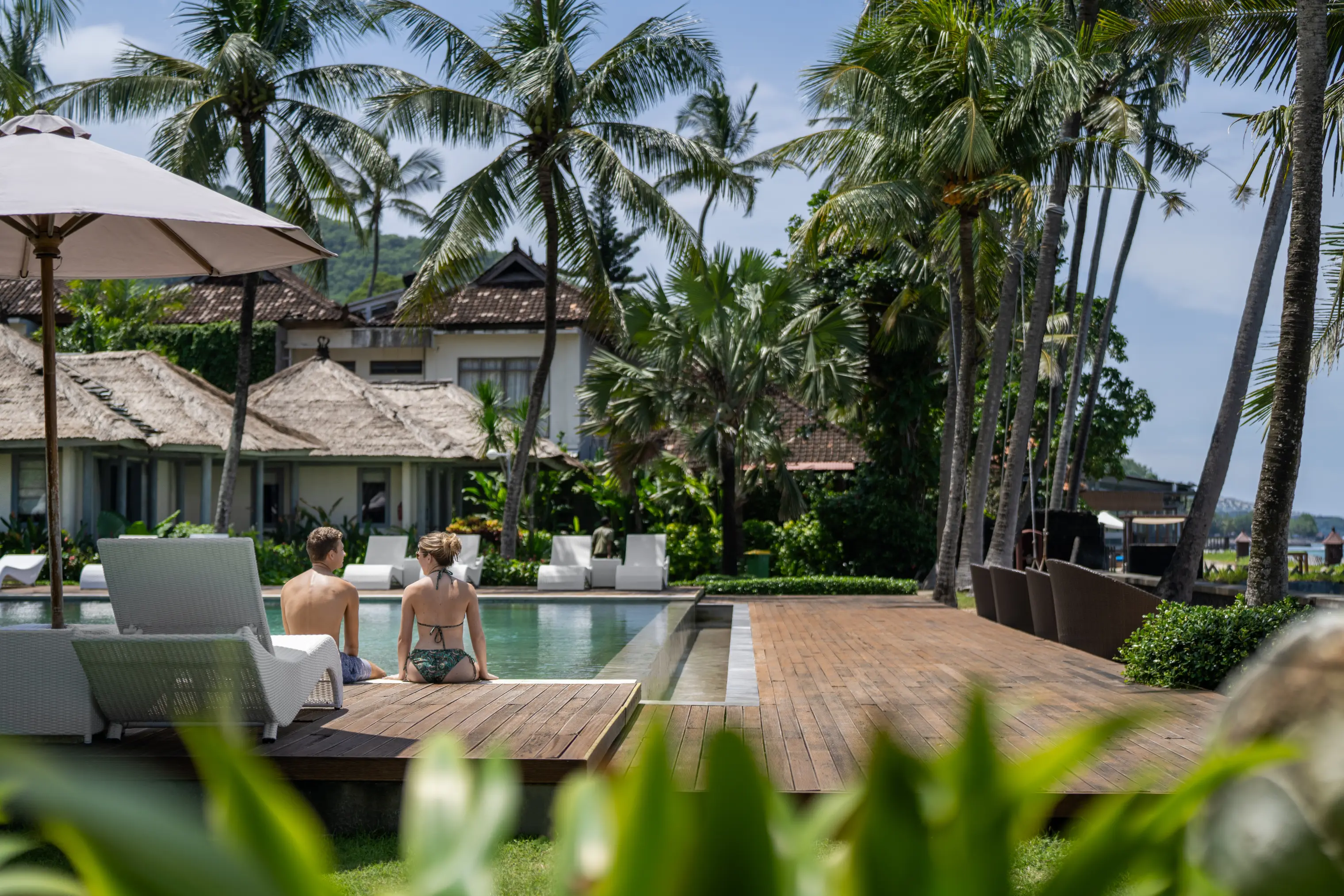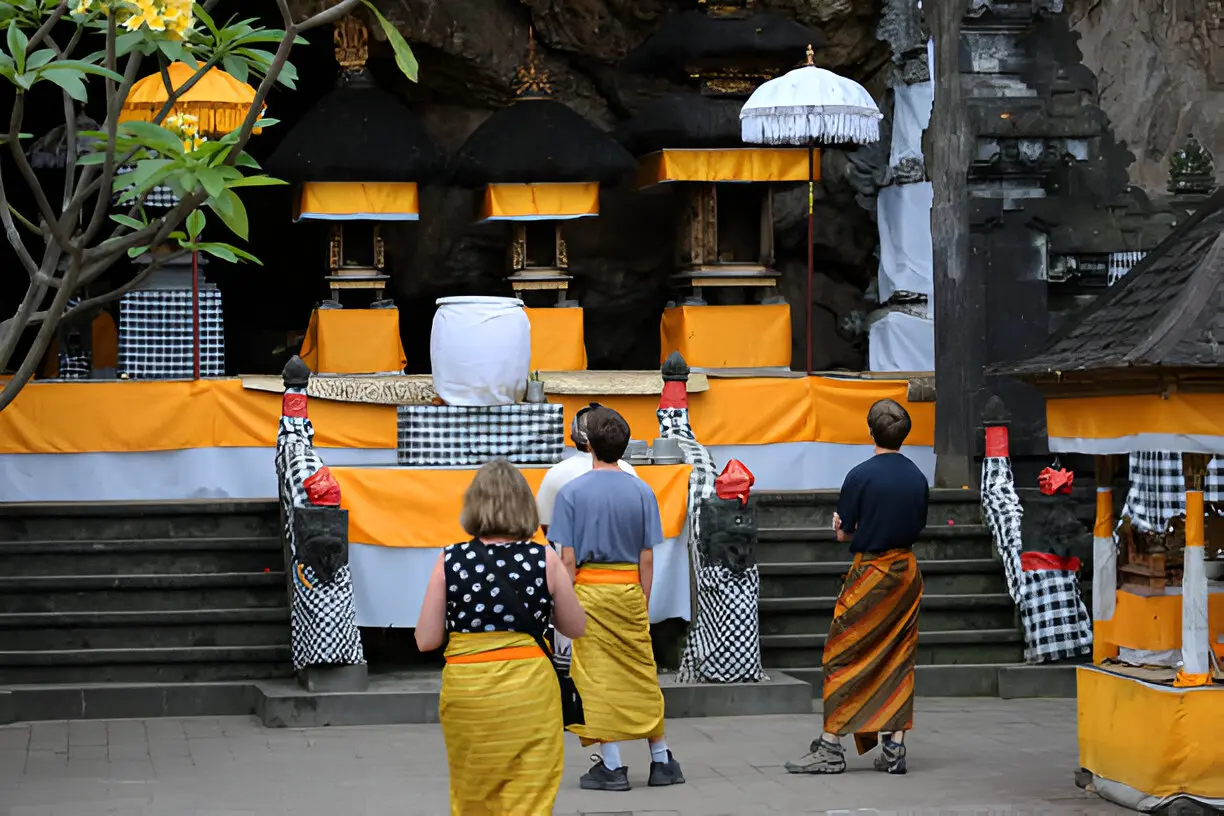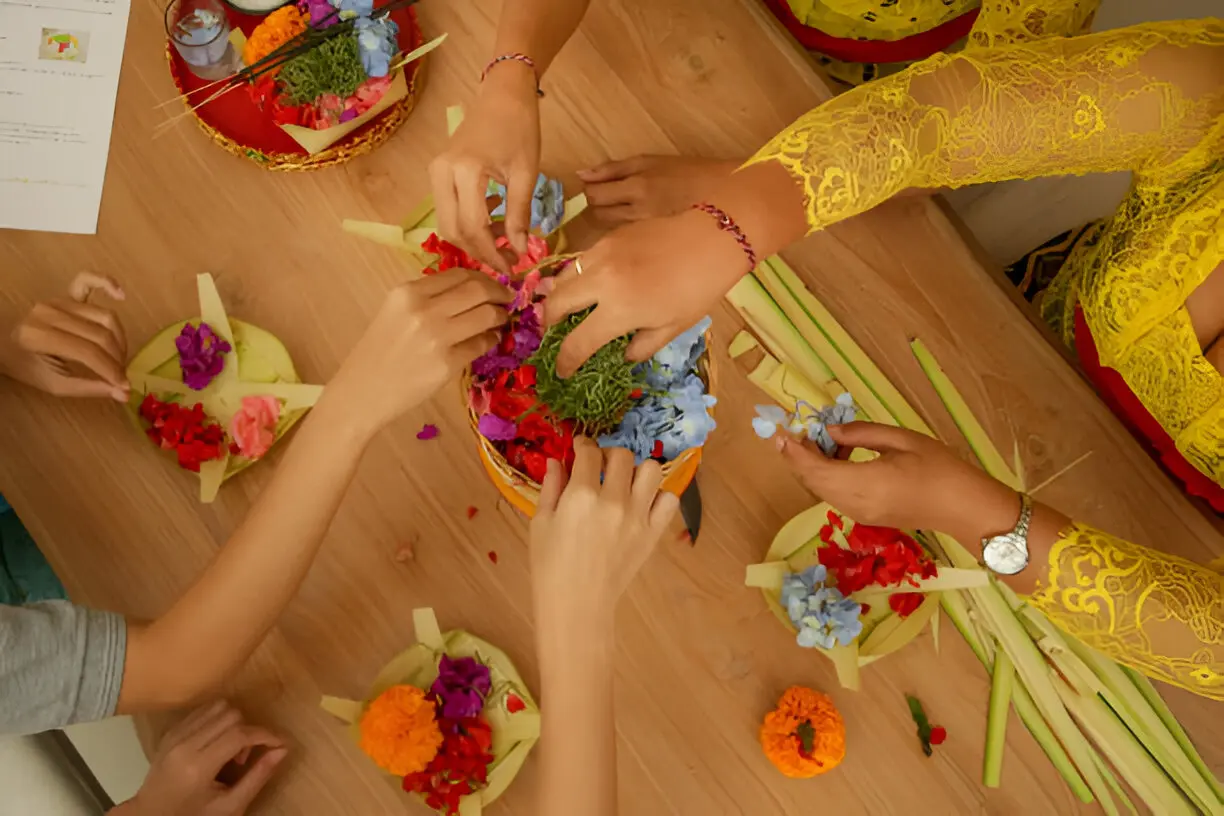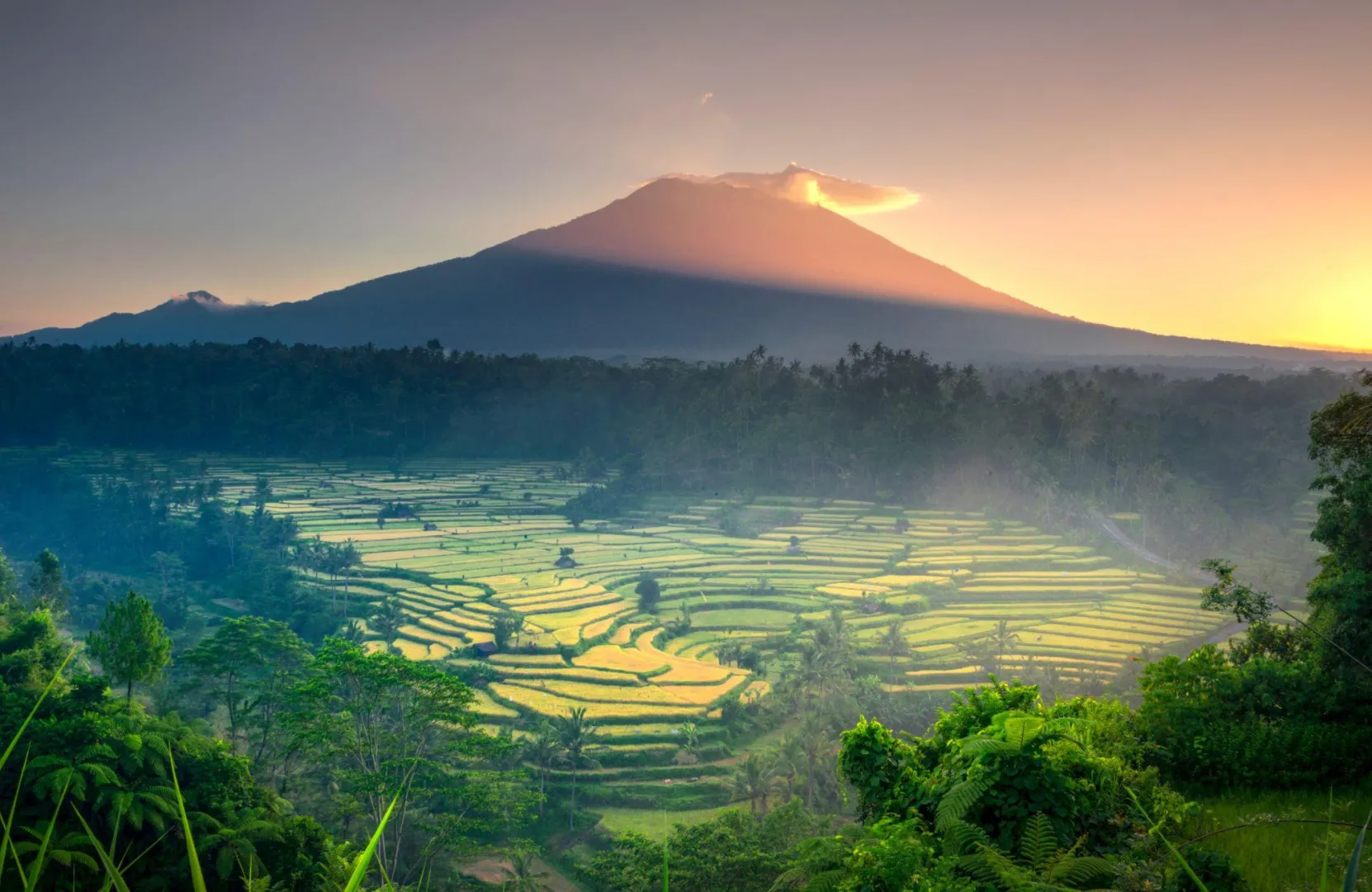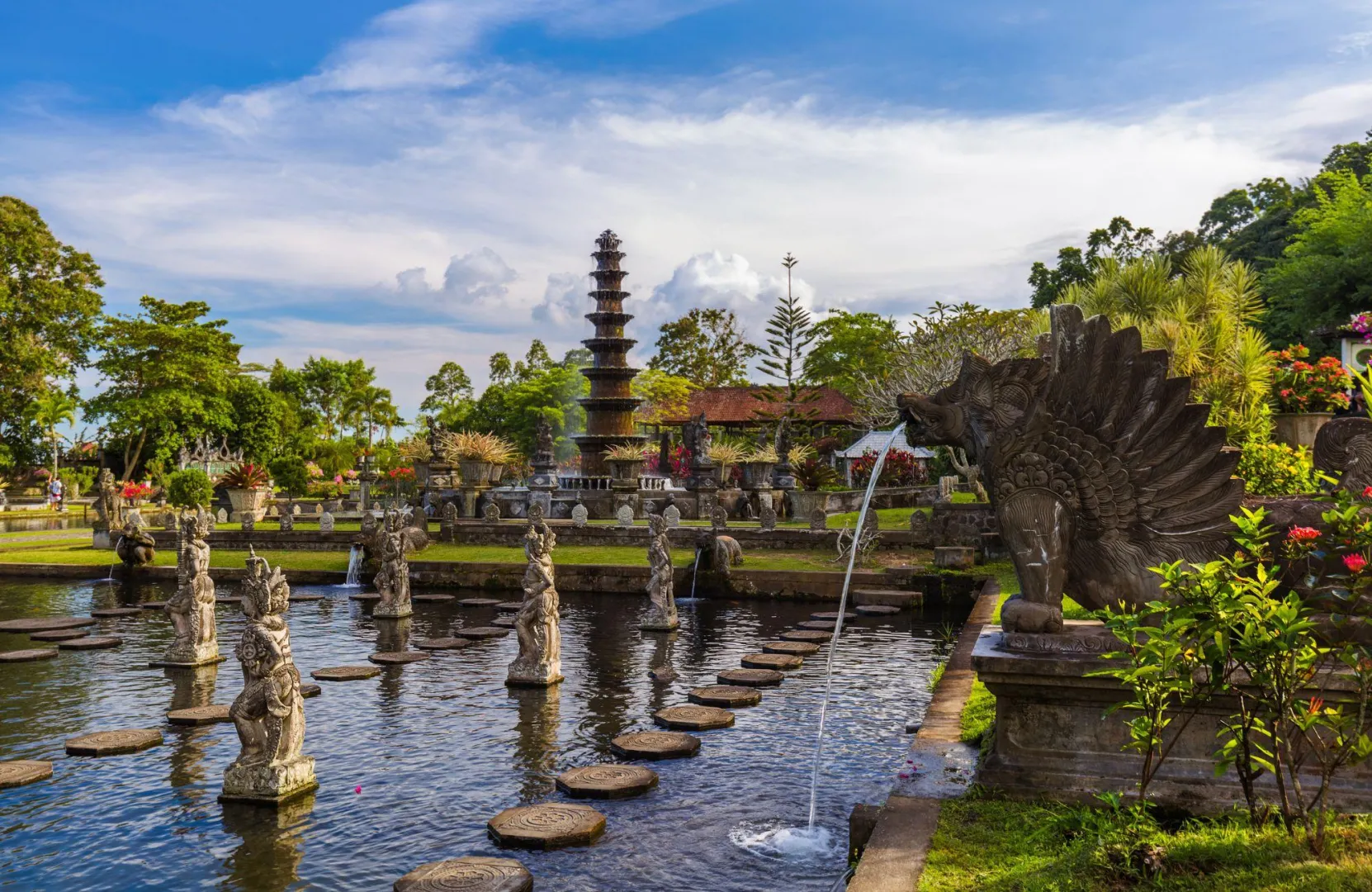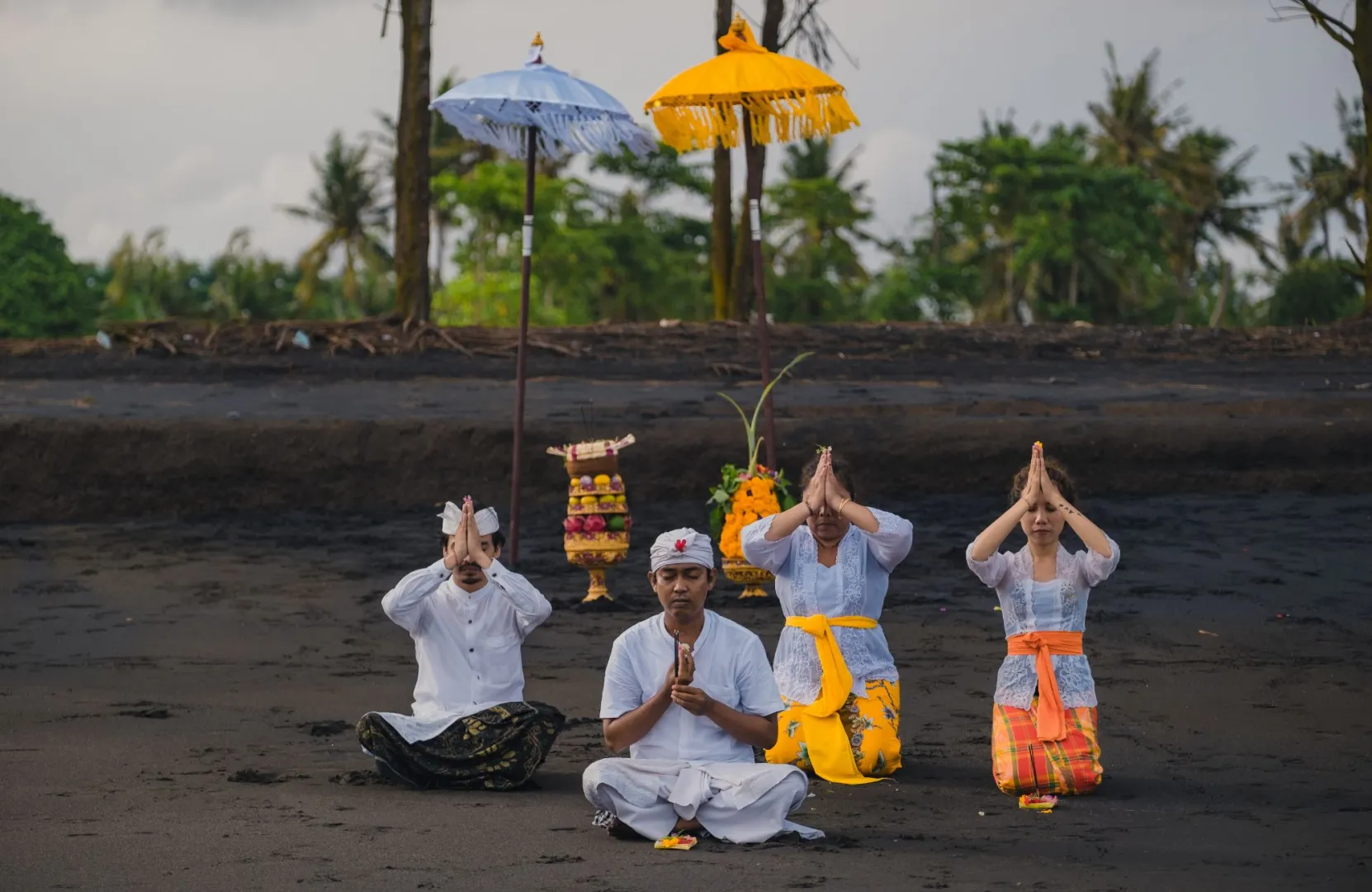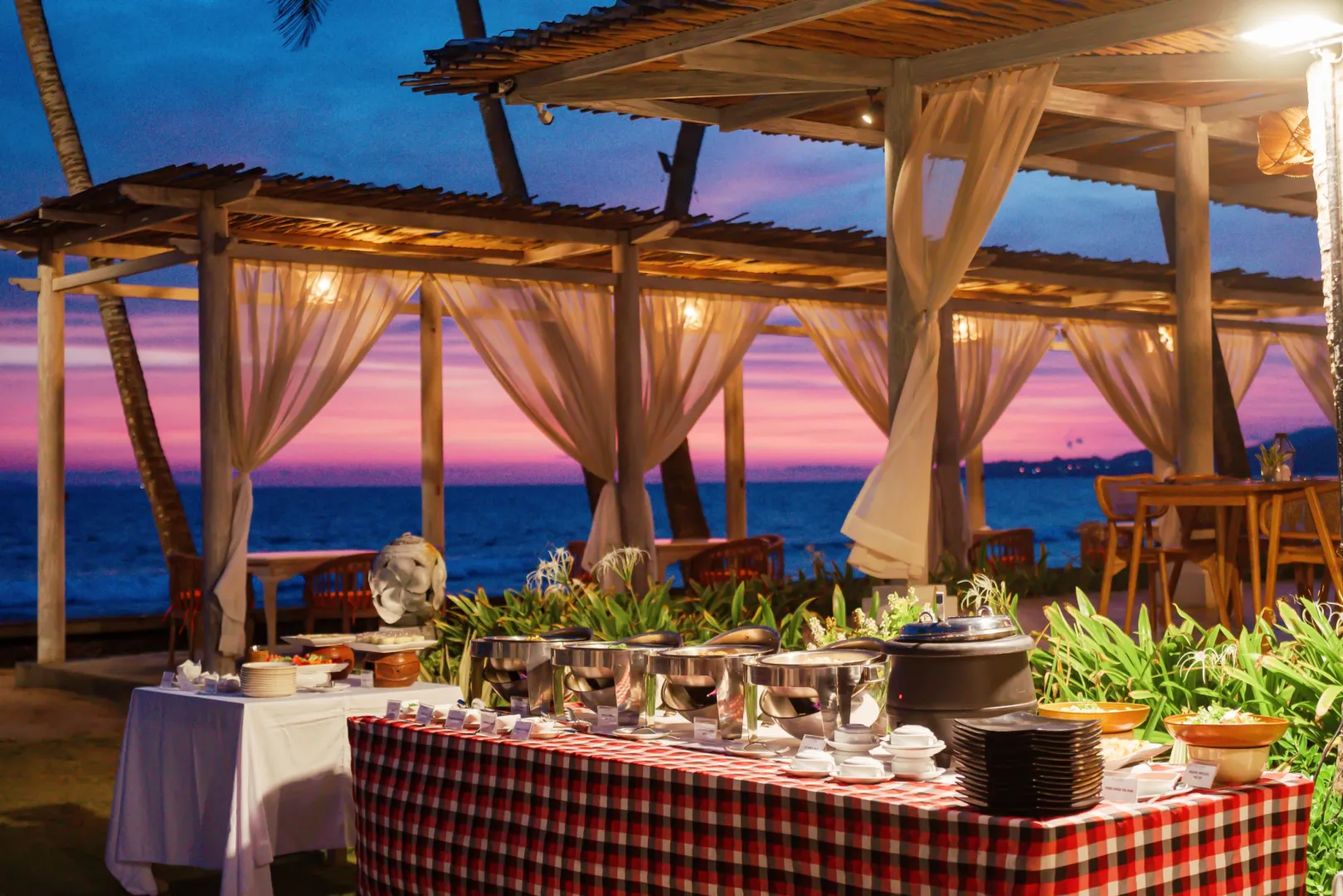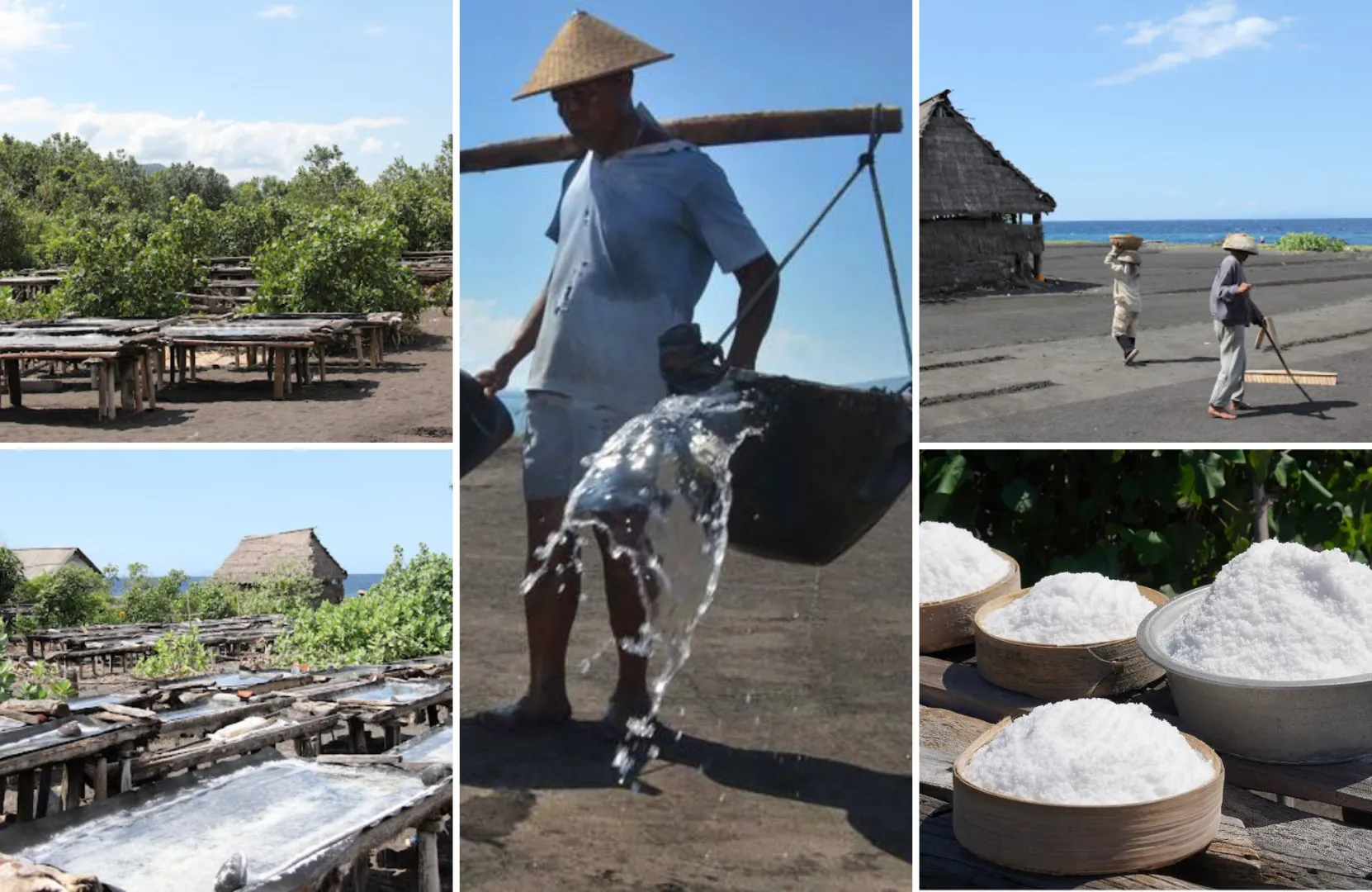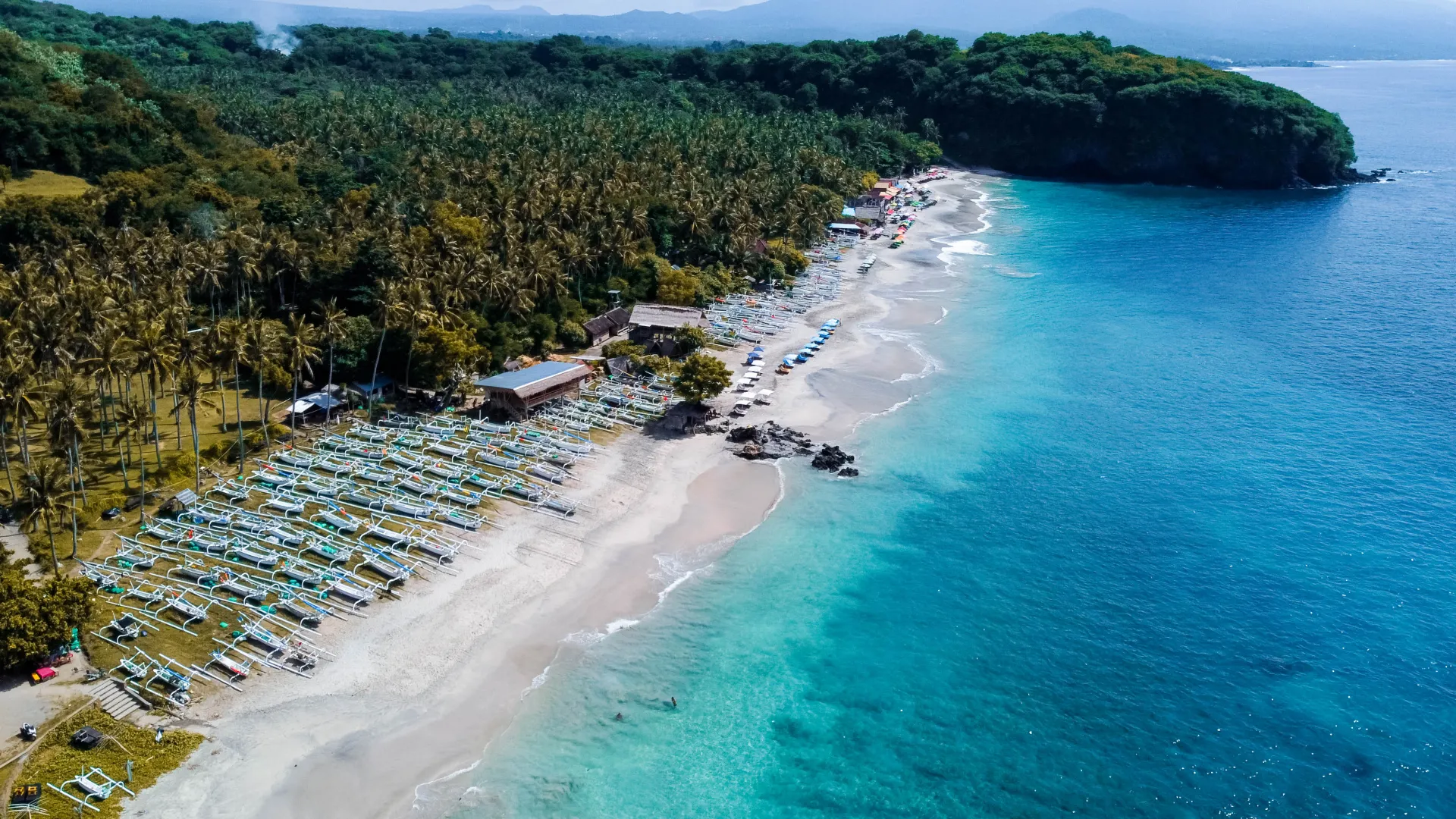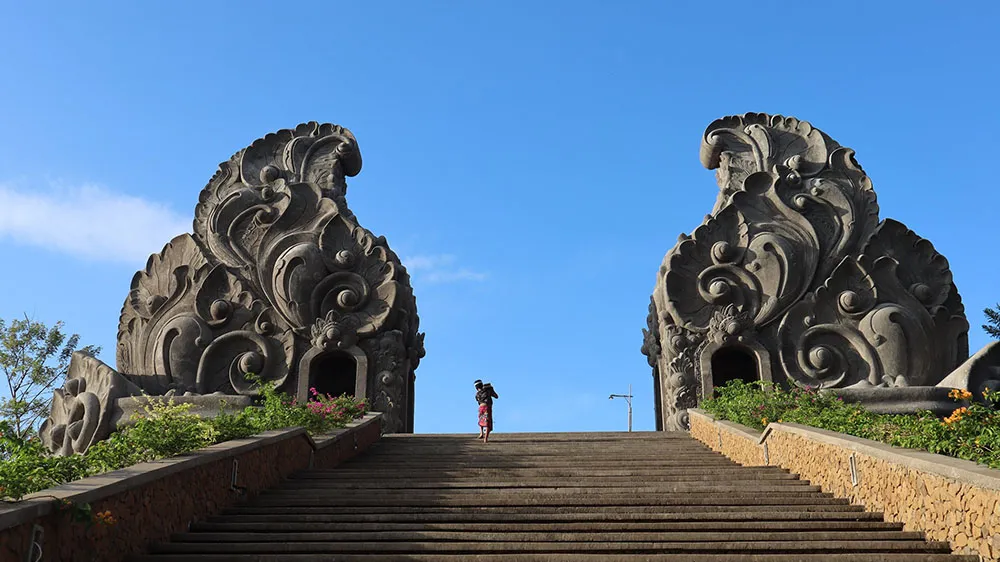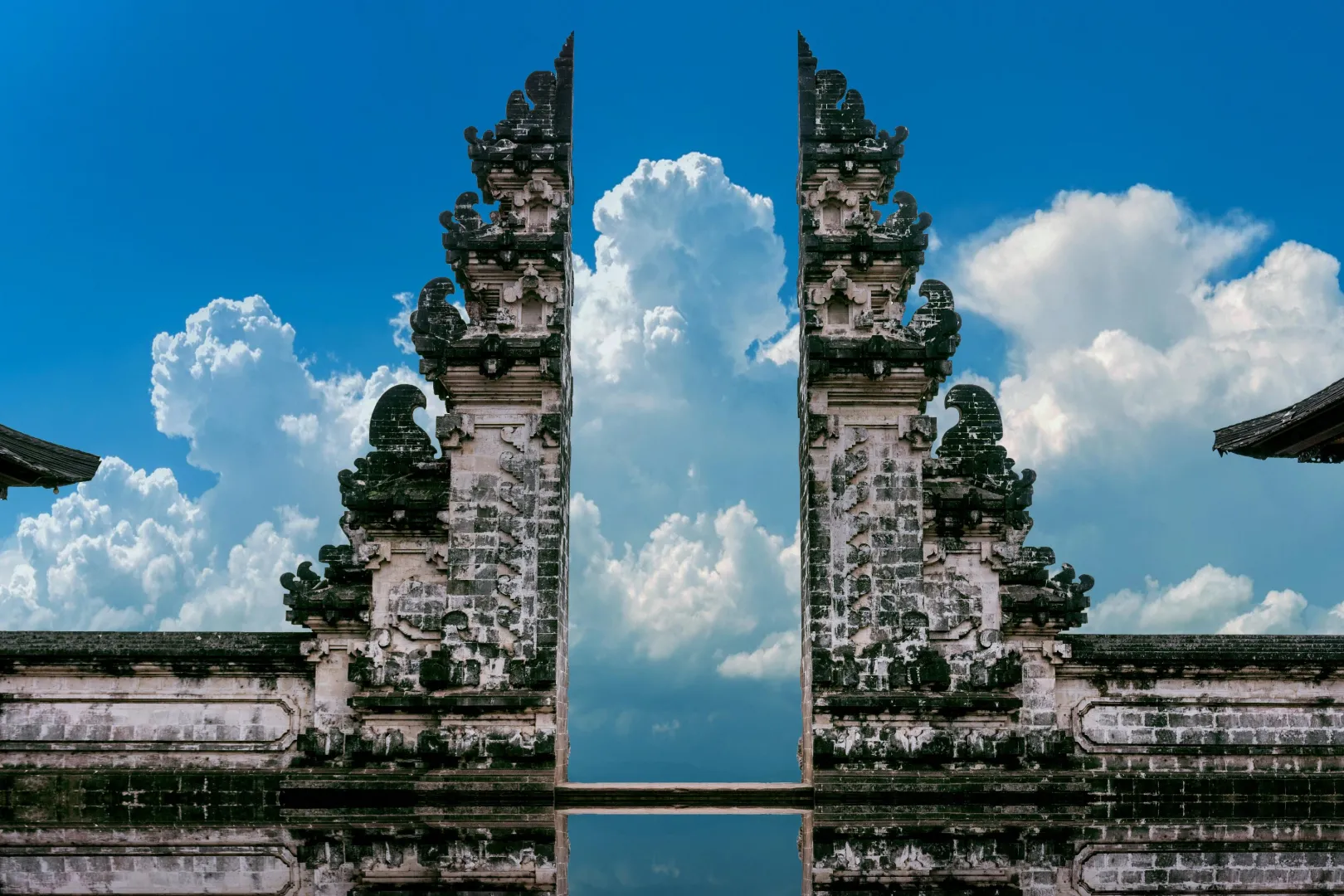
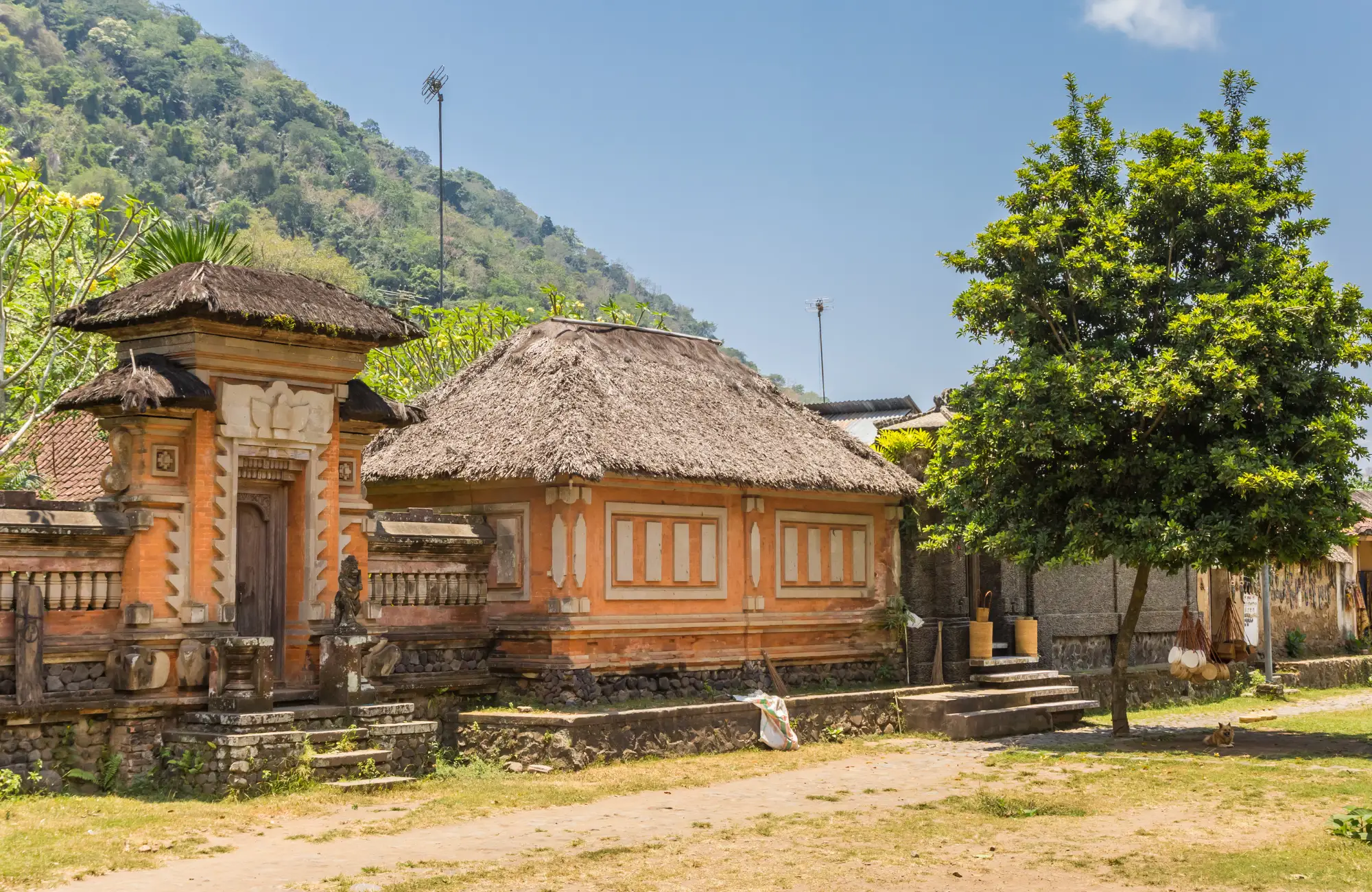
Administrator - 02 Juni 2025
Exploring Bali's Hidden Gem: Authentic Traditions and Thrills at the Tenganan Festival
Beyond the vibrant beaches and rice paddies, Bali holds deeper cultural treasures. One such gem is Tenganan Pegringsingan, often called Bali's oldest village. Nestled in East Bali, this unique community of the Bali Aga people (original Balinese) offers a rare glimpse into ancient traditions and a life remarkably untouched by time. While a visit to Tenganan is always enriching, experiencing it during a local festival, notably the famed Tenganan Festival (also known as Usaba Sambah or Mekare-kare), promises an unparalleled authentic journey.
Tenganan: A Living Museum of Bali Aga Culture
Unlike many Balinese villages influenced by the Majapahit era, Tenganan has meticulously preserved its pre-Hindu customs, unique social structure, and distinct architectural style. As you step into Tenganan, you'll notice the village's linear layout, with traditional houses built with thick stone walls and narrow entrances, all facing a central communal path. This design reflects the communal harmony and adherence to strict ancestral laws that govern daily life. The villagers are renowned for their exceptional craftsmanship, particularly the intricate Gringsing double ikat weaving. This highly revered fabric is believed to possess magical protective qualities, is unique to Tenganan, and takes months, sometimes even years, to complete. You can often witness the painstaking weaving process firsthand, a testament to their dedication to preserving their heritage. Beyond textiles, the villagers also excel in crafting exquisite lontar (palm leaf) manuscripts, intricate carvings, and unique basketry.
The Tenganan Festival: A Spectacle of Tradition (Mekare-kare)
Tenganan's ceremonial calendar highlights the Usaba Sambah festival, usually around June or July (check local calendars for exact dates). The pinnacle of this month-long festival is the Mekare-kare, also known as the "Pandan War" or "Perang Pandan." This isn't just a performance; it's a profoundly spiritual and exhilarating ritual dedicated to Lord Indra, the Hindu God of War. During Mekare-kare, young men of the village engage in ceremonial combat using thorny pandan leaves as weapons and rattan shields for defense. To the rhythmic beat of the sacred gamelan-sounding orchestra (iron metallophones unique to Tenganan), they "battle" each other, their bodies often receiving scratches from the pandan thorns. These minor injuries are seen as an offering to the gods and are traditionally treated with special herbal remedies. The energy is electric, and the atmosphere is charged with both reverence and excitement.
Beyond the thrilling Pandan War, the Tenganan Festival features other significant rituals, such as the Manyunan, where young women of the village, dressed in their finest Gringsing textiles and elaborate accessories, are gracefully spun on ancient ritual swings by the young men. This symbolizes the cyclical nature of life and the continuity of generations. The festival is also a time for elaborate communal feasts and traditional dances, and it showcases various aspects of Bali Aga culture, offering an immersive experience like no other.
Planning Your Visit for an Authentic Experience
Visiting Tenganan during the festival offers an unparalleled opportunity to witness deeply rooted traditions come alive. However, even outside festival times, the village welcomes visitors who wish to explore its unique culture. There's usually no fixed entrance fee, but a small donation is customary and greatly appreciated, as it helps support the village's preservation efforts. Remember to dress modestly, covering your shoulders and knees, out of respect for local customs. Tenganan Pegringsingan is more than just a tourist attraction; it's a vibrant community that cherishes its heritage. Experiencing the Tenganan Festival's raw authenticity is a journey into the heart of ancient Bali, leaving you with profound memories of a culture beautifully preserved.
Other Blog
SUBSCRIBE FOR EMAIL UPDATES

